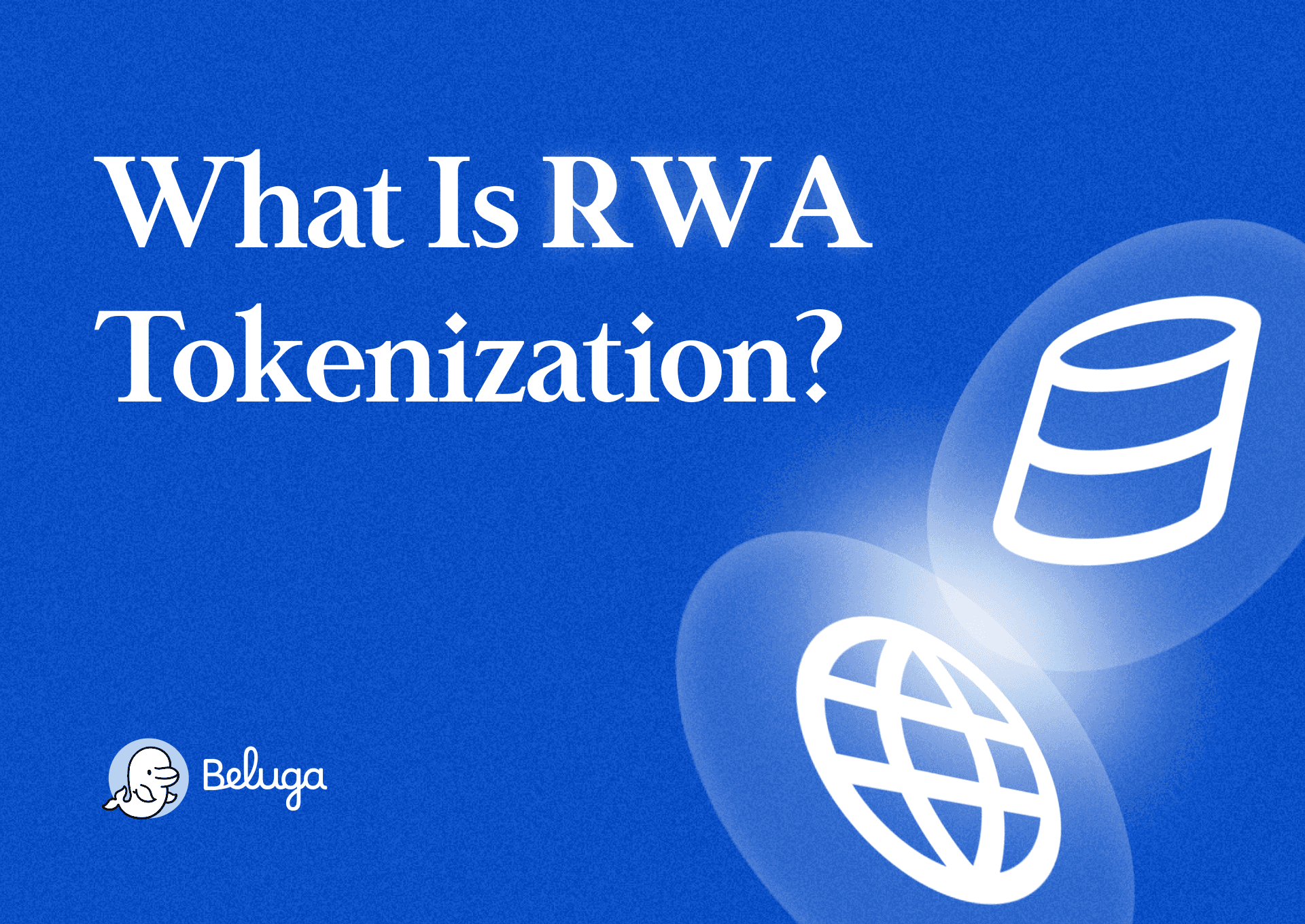What Are Smart Contracts?
By Will Tolmie Updated April 25, 2025

Summary
- Smart contracts automate agreements on a blockchain, offering a more secure, transparent, and efficient alternative to traditional contracts.
- Smart contracts play a central role in DAOs, DeFi, and the tokenization of RWAs.
Introduction
Smart contracts are revolutionizing how agreements are made and executed in the digital world. Using blockchain technology to automate and verify terms directly through code, smart contracts remove the need for intermediaries, offering a more secure, transparent, and efficient way to execute agreements. For these reasons, smart contracts are playing a central role in disrupting conventional systems.
What Are Smart Contracts?
Smart contracts are contracts that take place on a blockchain. While traditional contracts are enforced by law, smart contracts are enforced by code. In fact, smart contracts were conceptualized for the purpose of offering contract support outside of the legal system. Smart contracts remove the need for one party to trust that another will hold up its end of an agreement, giving users more control over and flexibility in their online interactions. To many, Ethereum is the world’s first true implementation of the smart contract concept, but numerous blockchain networks enable complex smart contract execution today.
Like many other blockchain-powered technologies, smart contracts come with a number of strengths and weaknesses. One significant benefit of smart contracts is that they can be executed in a short amount of time and in a precise manner. Additionally, smart contracts are inflexible, meaning that their underlying code cannot be changed. This feature of smart contracts can be viewed as positive or negative, as it ensures that smart contracts provide a high level of security and trust, but it also necessitates that any present errors cannot be rectified. Other drawbacks of smart contracts are that they rely on thorough, meticulous code from a programmer and that this code may have loopholes, allowing parties engaged in smart contracts to go against the purposes of their agreements.
Smart Contracts and DAOs
A decentralized autonomous organization (DAO) refers to any decentralized system that enables people to govern themselves according to a set of self-executing rules deployed on a public blockchain. By this definition, even Bitcoin could be considered a DAO, yet we understand DAOs today as organizations which heavily rely on smart contracts to function. The code within these smart contracts can automate any decisions made by an organization when its members meet a required number of votes. If a member attempts to make a decision that violates the rules and logic of a smart contract, it will be blocked.

DAOs exist in many forms today and are continuing to evolve as smart contract technology improves. One notable example of a DAO is Uniswap, a decentralized exchange which allows users to trade cryptocurrency tokens directly from their wallets using smart contracts. Uniswap’s structure as a DAO stipulates that any decisions about the platform's future are voted on by holders of UNI, the native cryptocurrency and governance token of Uniswap. The growth of Uniswap since its founding in 2018 signals a shift toward more transparent, community-driven models of organization.
Smart Contracts and DeFi
Smart contracts also play a key role in the world of decentralized finance, or DeFi. DeFi refers to any financial ecosystem that uses blockchain technology to offer financial services without traditional intermediaries. Uniswap is a notable example of a DeFi product because it uses smart contracts to facilitate trades instead of a centralized exchange. One other organization representing a critical intersection between smart contracts and DeFi is Nexus Mutual, which offers a decentralized alternative to traditional insurance. Nexus Mutual utilizes smart contracts to automate the collection of premiums, pooling of funds, and evaluation and payout of claims. Nexus Mutual is currently designed to cover the risks associated with using smart contracts, such as hacks or bugs, offering additional security to users of DeFi platforms and fostering greater trust in a financial ecosystem powered by smart contracts.
Smart Contracts and RWAs
RWA tokenization digitizes physical and traditional financial assets, representing them as blockchain-based tokens. The applications of RWA tokenization are vast. For instance, the St. Regis Aspen Resort, a full-service luxury hotel in Colorado, is tokenized for fractional ownership through Aspen Coin, allowing investors to hold shares in the property. Meanwhile, Titanic Distillers Whiskey enables investment in Irish whiskey through CaskCoin, which issues Ethereum-compatible tokens that grant investors legal ownership of still-maturing whiskey casks. Smart contracts are essential to these tokenization processes because they can automate the enforcement of terms and conditions associated with the tokenized asset. For example, in the case of Aspen Coin, smart contracts can automatically distribute rental income from the St. Regis Aspen Resort to token holders based on their fractional ownership, enforce transfer restrictions, and handle buyback terms. Similarly, with CaskCoin, smart contracts can manage the legal transfer of ownership for whiskey casks, track maturation timelines, and trigger payouts or deliveries when the whiskey reaches a certain age.
Conclusion
From DAOs to DeFi to RWAs, smart contracts streamline processes, enhance security, and reduce reliance on intermediaries. In this sense, smart contracts are a fundamental shift in how transactions and agreements are conducted. The potential of smart contracts to drive innovation and efficiency across industries is undeniable, and they are poised to transform how users interact with digital and financial systems as technology continues to evolve.
Join the Beluga Brief
Dive deep into weekly insights, analysis, and strategies tailored to you, empowering you to navigate the volatile crypto markets with confidence.
Never be the last to know
and follow us on X








